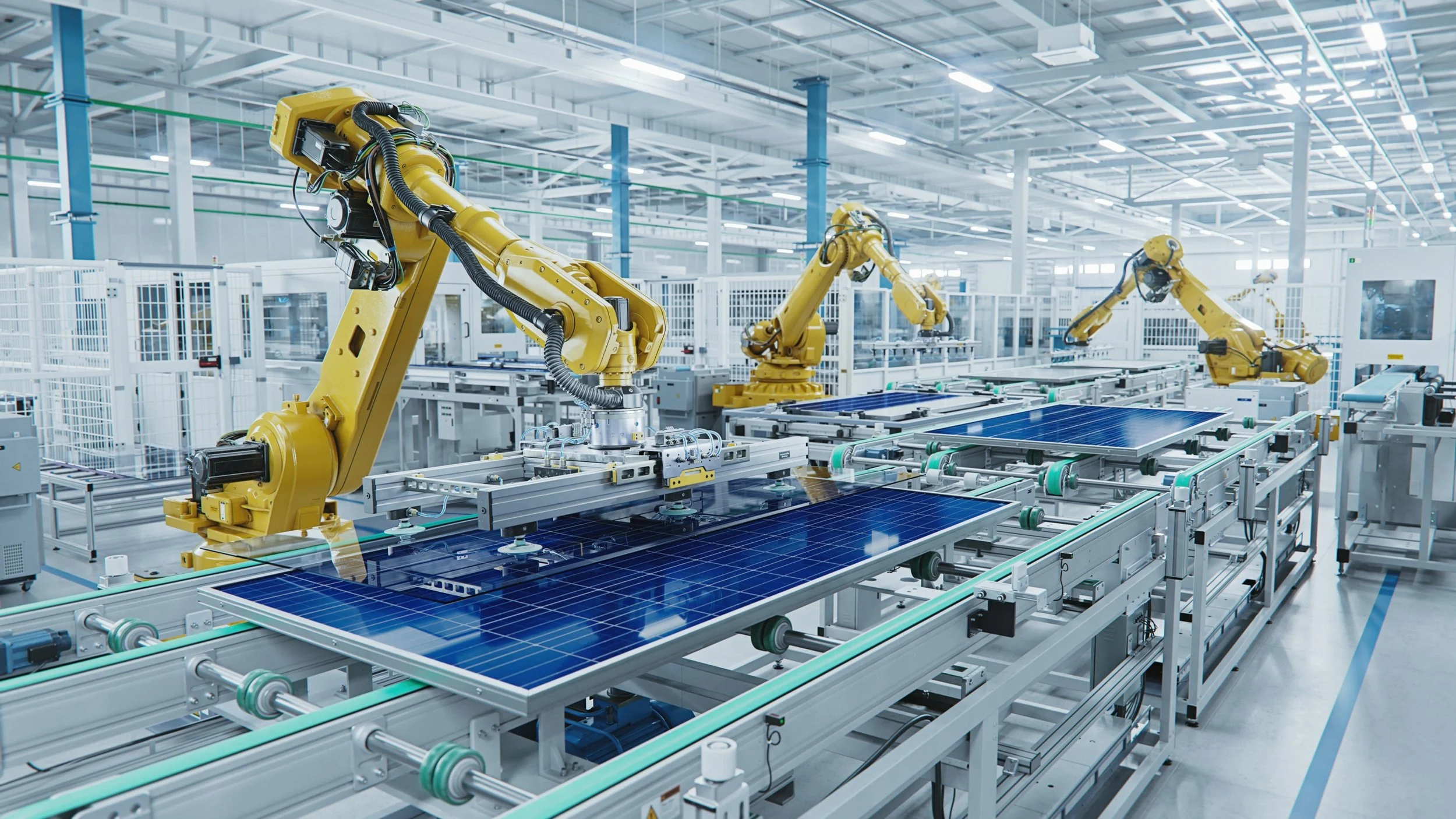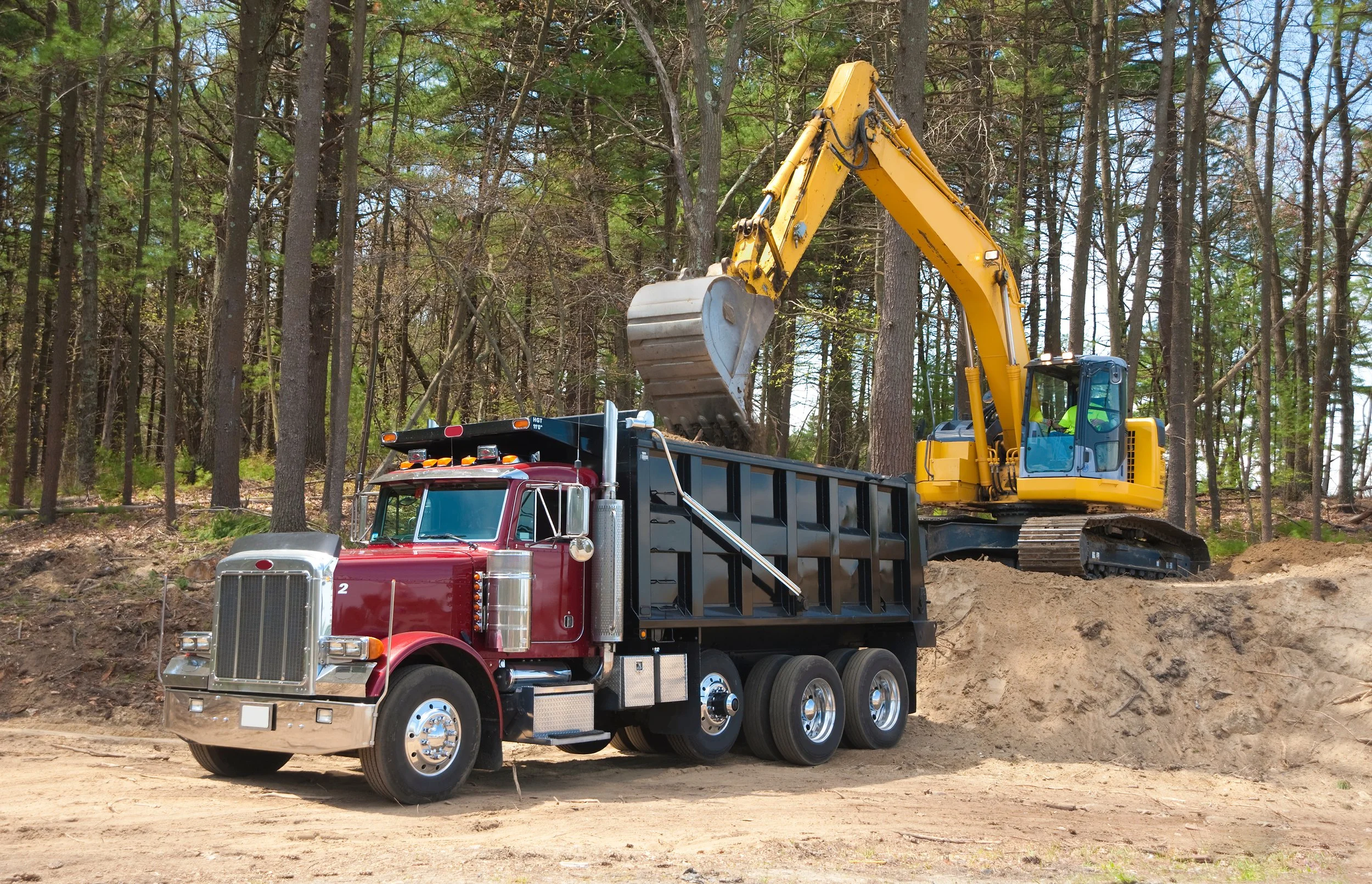Hardware: This includes computers, servers, networking equipment, data storage devices, and other physical IT infrastructure. Software: Financing can also cover the purchase of software licenses, including operating systems, productivity software, and specialized applications. Other IT Equipment: This category can encompass peripherals such as printers, scanners, and other IT-related accessories.
Manufacturing Equipment Financing and Expansion Funding | Finance Facts
Often, a combination of funding sources may be the most suitable approach to support a successful manufacturing expansion. Most of the debt financing options fall under ComFi's umbrella. Consult with a service financial advisor to effortlessly explore all available avenues to secure capital for your expansion plans.
Equipment Financing for Healthcare Industry | Finance Facts
Equipment financing in the healthcare industry can be a valuable tool for healthcare providers to maintain a high standard of care, keep up with technological advancements, and manage their financial resources effectively. However, it's essential to carefully evaluate options, consider the specific needs of your healthcare facility, and ensure compliance with healthcare regulations.
LLC Formation and Time in Buisness (TIB) - A MUST Have! | Finance Facts
In summary, time is of the essence in commercial finance due to its impact on costs, opportunities, and operational efficiency. The choice of business structure, such as an LLC, can influence how efficiently a business can navigate the financial landscape, make decisions, secure financing, and adapt to changing market conditions.
Employer Identification Number (EIN) - A Must Have! | Finance Facts
An Employer Identification Number (EIN), or Federal Tax Identification Number, is a unique nine-digit number issued by the Internal Revenue Service (IRS) to identify businesses and other entities for tax purposes. It's basically like a Social Security Number (SSN) for businesses. Everyone needs one! This is needed for commercial financing!
Financing a Franchise | Finance Facts
Equipment Financing in Construction | Finance Facts
Financing equipment is generally more affordable in the long run, and the sale-leaseback option exists at the end of the term. Equipment financing in the construction industry is a versatile tool that enables companies to access necessary equipment while managing their financial resources effectively. Industry-specific considerations are vital to keep top of mind when purchasing equipment. Understanding the unique demands of construction projects is essential in making informed financing decisions.
Funding and Financing A Start Up Buisness | Finance Facts
Each financing option has advantages and disadvantages, and the availability of these options may vary depending on factors like creditworthiness, business history, industry, and location. There are other more advanced strategies depending on the situation and buisness understanding. None of the above requires more than a high school degree. It does require a good plan and a circle and network that have been there.
Commercial Equipment Financing Rates and Terms | Finance Facts
Service Industry Financing Provider | Finance Facts
When considering a commercial equipment financing provider, evaluate their experience in the service industry and the specific advantages they can offer your business. We want to see you with the best equipment possible based on the circumstances or better yet out of the truck! A provider with a service industry background can bring well-deserved respect along with industry-specific knowledge, tailored solutions, and valuable connections that can positively impact your equipment financing experience and contribute to your business’s growth.
Equipment Leasing vs. Equipment Financing | Finance Facts
The choice between the two depends on the business's financial situation, equipment needs, long-term plans, and tax considerations. It’s about challenging businesses to last longer and work their way up over time. Operators end the day less beat up with more left in the tank with better equipment. We’ll take your through that evolution. Evaluating both options carefully and consulting with financial advisors with a service background to make an informed decision is recommended.
Types of Equipment Financing | Finance Facts
It's essential for businesses to carefully assess their equipment needs, financial situation, and long-term goals to determine the most suitable equipment financing option in this economic climate. Consulting with financial advisors, those that have seen at least two recessions plus COVID-19 or experienced equipment financing companies can help businesses make informed decisions based on their circumstances.
Equipment Disposition | Finance Facts
Effective equipment disposition practices can help businesses optimize their equipment portfolio, recover value from disposed of equipment, and make way for new equipment acquisitions. By strategically managing the disposition process, companies can minimize financial losses, maximize asset recovery, and ensure compliance with legal and contractual obligations.
Understanding Commercial Equipment Valuation | Finance Facts
For commercial equipment financing, equipment valuation is vital in determining loan collateral assessment, risk management, and overall financial decision-making. By understanding equipment valuation principles and leveraging professional expertise, businesses can make informed financing decisions and ensure fair and accurate equipment valuation.
Five Steps to Commercial Equipment Selection | Finance Facts
Businesses can select the most suitable equipment that aligns with their operations and financing requirements by carefully assessing equipment, researching available options, considering financial factors, and conducting due diligence. This process ensures that the equipment financed will contribute positively to the company's growth and success.
Credit Analysis | Finance Facts
Based on the credit analysis, lenders or lessors can make educated decisions regarding the approval, terms, and conditions of equipment financing, including loan amounts, interest rates, down payments, lease terms, and any additional collateral requirements. The research aims to balance providing financing opportunities to borrowers while minimizing the lender's risk exposure.
















